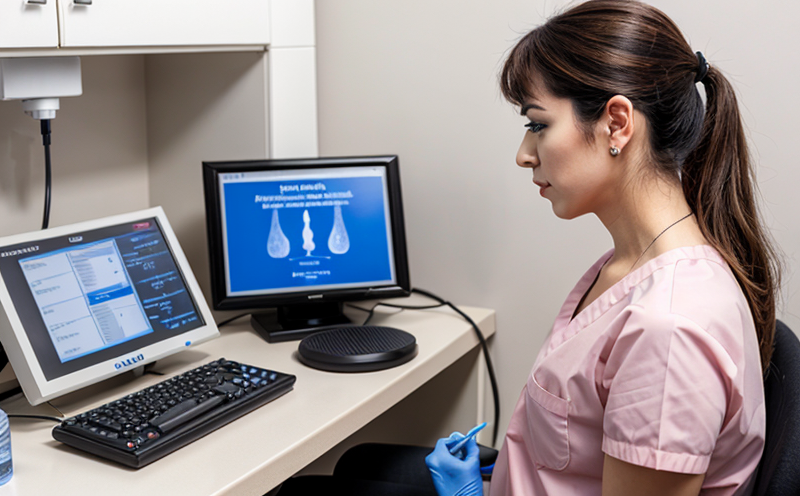Veterinary Endocrinology Testing in Wildlife Research
The field of wildlife research has seen significant advancements over recent years, driven by a need to understand complex interactions between hormones and behavior. Veterinary endocrinology testing plays an essential role in this context, providing critical insights into the physiological processes that underpin animal health and welfare.
Endocrine systems are vital for regulating various biological functions such as metabolism, growth, reproduction, and stress response. In wildlife research, these tests help researchers identify potential disruptions or imbalances caused by environmental factors, pollution, or other external stimuli. By examining hormone levels in wild animal populations, scientists can better understand how these animals adapt to changing conditions.
Our laboratory specializes in providing accurate and reliable veterinary endocrinology testing services tailored specifically for wildlife research purposes. Using cutting-edge technology combined with strict adherence to international standards (ISO 17025), we ensure that our results are both precise and actionable.
To achieve this level of precision, we employ highly skilled technicians who have extensive experience working in similar environments. Our state-of-the-art facilities include specialized equipment designed explicitly for measuring trace amounts of hormones within complex matrices like blood serum or urine samples collected from diverse wildlife species.
One key aspect of our service is ensuring that all tests are conducted according to rigorous quality control measures. This includes regular calibration checks, proficiency testing programs, and strict adherence to best practices outlined in relevant guidelines such as ISO/IEC 17025:2017.
| Test Parameters | Specimen Types | Instrumentation Used |
|---|---|---|
| Glucose, Insulin, Cortisol Levels | Blood Serum/Urine Samples | Mass Spectrometry, Immunoassay Systems |
| Luteinizing Hormone (LH), Follicle-Stimulating Hormone (FSH) | Pooled Tissue Samples | ELISA Kits, Automated Analyzers |
Scope and Methodology
Our approach to conducting veterinary endocrinology tests for wildlife research involves several key steps:
- Collection of appropriate samples from live or deceased animals.
- Preparation of specimens according to standardized protocols.
- Analysis using advanced analytical techniques like mass spectrometry and immunoassays.
- Interpretation of results in consultation with domain experts.
Competitive Advantage and Market Impact
We differentiate ourselves by offering comprehensive support throughout the entire process, from sample collection to final interpretation. Our team works closely with researchers to ensure that every step is executed correctly.
- Innovative approaches to handling delicate samples without compromising accuracy.
- Quick turnaround times for critical results needed during ongoing studies.
- Cost-effective solutions tailored specifically to individual project requirements.
Use Cases and Application Examples
We have successfully completed numerous projects involving various wildlife species across different geographical regions. Here are some examples of how our services have contributed valuable data:
- Evaluating the effects of climate change on hormone levels in polar bears.
- Assessing reproductive health issues among endangered rhinos through urinary LH measurements.
- Identifying stress-related changes in cortisol levels during translocation events for captive breeding programs.





